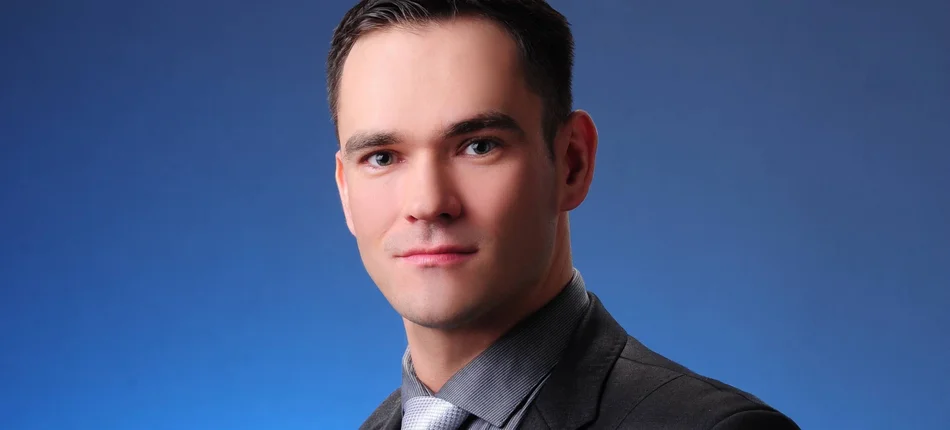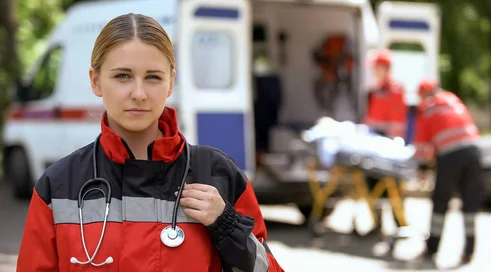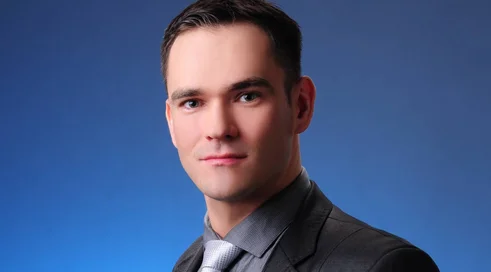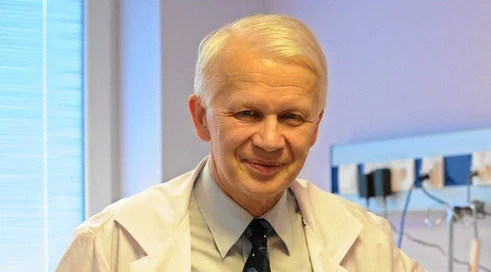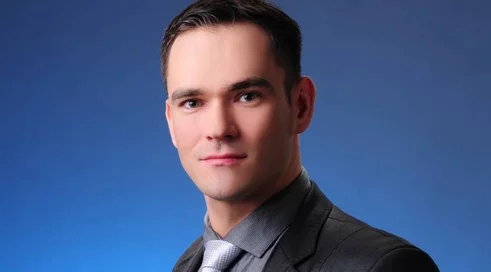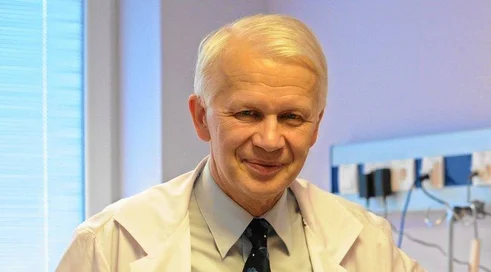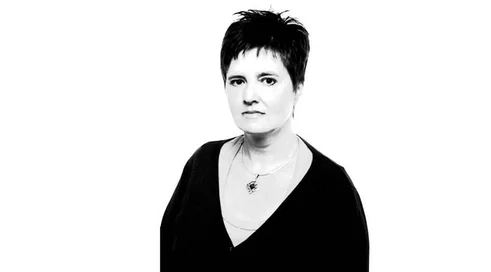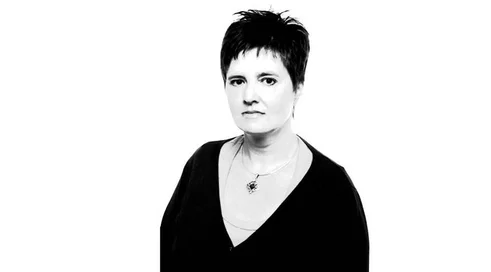As a doctor with many years of experience in emergency medicine, having been on duty in both the largest hospital east of the Vistula River and in smaller county hospitals, I understand very well the realities of working in the Hospital Emergency Department. I know the time pressure, the constant flow of patients, the chronic shortage of staff, and the situations in which decisions must be made instantly, often under tremendous stress. I know how easy it is to overlook subtle signs of illness when priority is given to patients with sudden cardiac arrest, extensive trauma or septic shock.
I also realize that an ED physician cannot know every disease entity as well as a specialist in the field. It is impossible to expect every on-call ED physician to be an expert in Addison's disease or secondary adrenal insufficiency. What can - and should - be expected, however, is that he or she should be able to recognize life-threatening conditions and follow basic principles of emergency management.
A few months ago, I had the honor of becoming the honorary patron of the Association for People with Addison's Disease and Adrenal Hyperfunction. Because of the trust placed in me, patients share their concerns and problems with me. Unfortunately, I surprisingly often receive complaints about ED staff downplaying the symptoms of adrenal insufficiency that patients present to hospitals with.
Disturbing accounts show a recurring pattern - a patient presents to the Hospital Emergency Department with clear symptoms of adrenal breakthrough, but his complaints are downplayed and the administration of hydrocortisone is delayed or skipped altogether. In extreme cases, the patient is sent home with the recommendation of rest and hydration. Unfortunately, the consequence of such treatment can have a tragic end - deterioration of the patient's condition, irreversible complications and even death.





